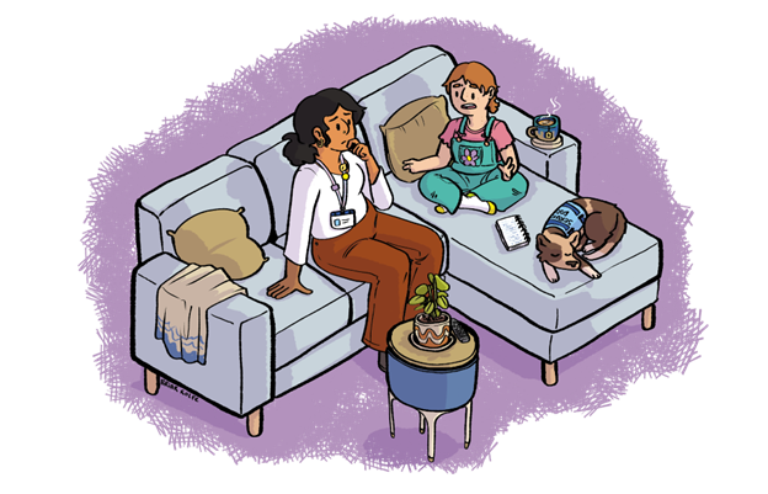Privacy for disabled young people
You should maintain the privacy of disabled young people throughout the complaint process.
If the complaint is about something you are required to report to the police, you should explain this to the disabled young person, so they understand what is happening.
Disabled young people have rights to confidentiality and privacy
Disabled young people have the same rights to confidentiality and privacy as anyone else. This means their personal information, including details about their disability and support needs, should only be shared with their clear permission or when legally required. Respecting these rights builds trust and supports disabled young people to feel safe and in control.
When you cannot maintain privacy
You may be required to report suspected instances of abuse of children and young people to the authorities. Reporting requirements are different in each state and territory. You can find specific information about reporting requirements in each state or territory at the Australian Institute of Family Studies website.
If you report suspected abuse, you should empower the disabled young person, and ensure that they are leading the process as much as possible.
You can refresh your knowledge about being a child safe provider on our webpage below.
Being a child safe NDIS service provider
Privacy training
Privacy training can make sure everyone understands their responsibilities when it comes to handling personal information.
There are many organisations that offer this training, tailored to the needs of your organisation. For example, Justice Connect offers online privacy training for staff at not-for-profit organisations.